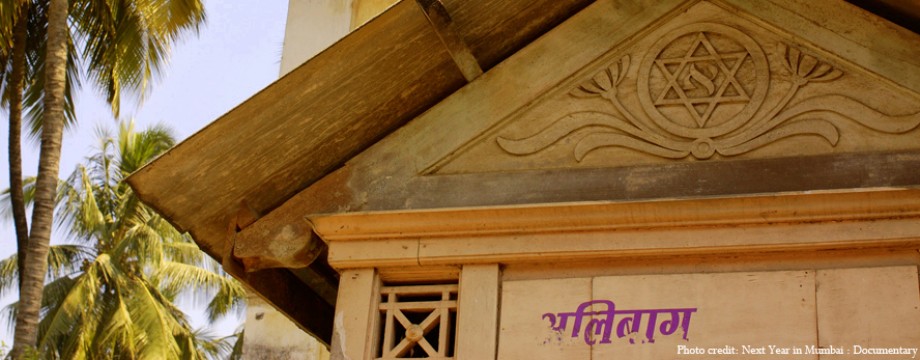
Maharashtra recognized Jews as a religious minority in 2016, but there are no statistics on their population because the Indian census does not recognize them as a distinct group. Two weeks ago, Mumbai’s Jewish community reopened the rebuilt Keneseth Eliyahoo Synagogue in Kala Ghoda. The synagogue is one of two in the city erected by Baghdadi Jews, a community who fled religious persecution in the Middle East by migrating to India between the 17th and 19th centuries. As their enterprises grew, some of them, such as the Sassoon family, erected synagogues, religious schools, and donated public hospitals and libraries to their communities. Only about 80 Baghdadi Jews remain in India now, with the majority settling in Mumbai and Kolkata; the rest have migrated to the West, primarily to Israel.
The Baghdadis and Bene Israeli, the other major Jewish minority in the city, are struggling to retain their religious sites as their numbers fall. After their graveyard in the Jerry Patka neighborhood was overtaken by bamboo dealers, the community wrote to Nagpur’s municipal commissioner. There are no longer any Jews in Nagpur who can look after the cemetery. Encroachers have also attempted to occupy Jewish cemeteries in the Raigad district’s Alibaug and Revdanda.
